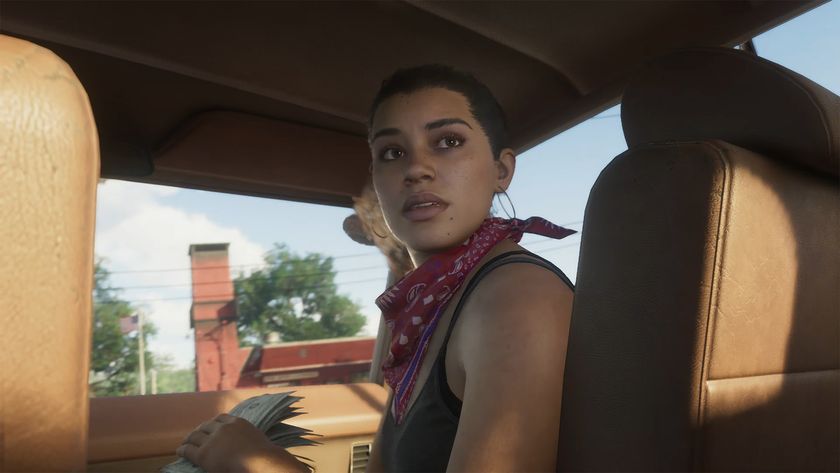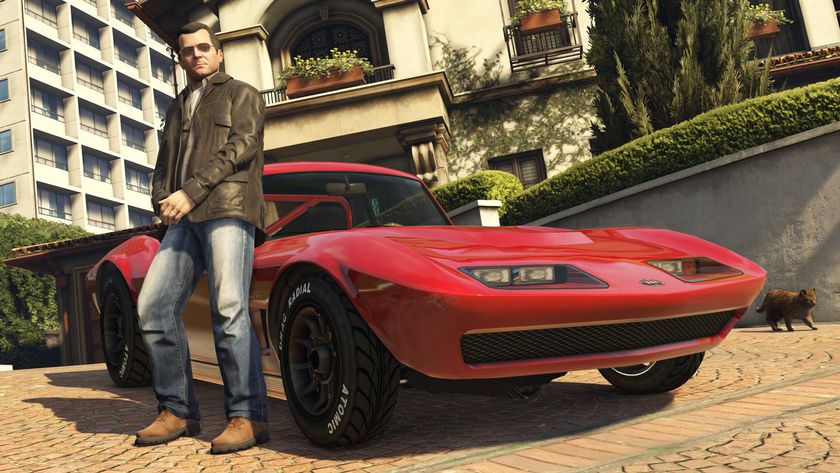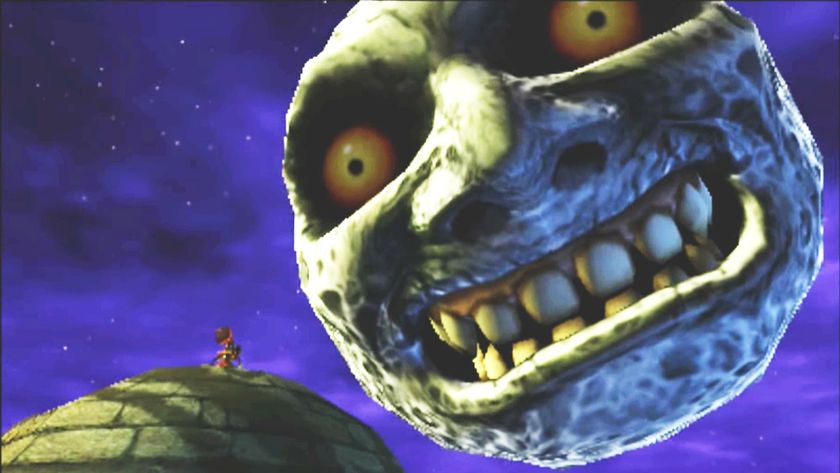THQ creative director Sean Dunn talks marrying story and gameplay in Homefront
Because it can be hard to hear exposition over 'BANG! BANG! BANG!'
Shooters. Their very name implies what you will be doing for the whole game, and that%26rsquo;s busting caps in asses. There might be a tank mission or a chase scene thrown in, but even then you%26rsquo;ll still be shooting at a something. Some of these games are still able to get a compelling story across,like Half-Life, Metro 2033, or evenparts ofModern Warfare 1, for example. That said, far too many developers take the lazy way out, making what could have been an otherwise brilliant concept (we%26rsquo;re looking at you Turning Point: Fall of Liberty) into a bland seen-it-once-seen-it-a-thousand-times shooting gallery.
Such concerns are at the forefront of Creative Director Sean Dunn%26rsquo;s mind as he and the rest of Kaos Studios build Homefront. Ina recent interview with Gamasutra, Dunn said, "Really the narrative structure for the game came first. We did pay heavy attention to what players like to do, and the types of variances that you need to have in place so that players don't get fatigued."
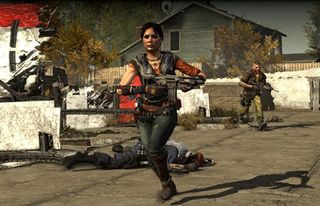
"In a shooter, you're generally doing the same thing over and over and over and again, and that's shooting people in the face. So you try to provide the variance in how you approach that, the styles and the visual style of an area, the paces of an area, the number of enemies - different approaches, whether they're stealth, or balls-out, or things like that. But within that is the importance of getting actual characters' arcs in correctly, and getting the acts of the story in, and making sense, and having meaning, and whatnot, so we really feel the drive to play it out."
It's obviously not an easy balancing act, and Dunn and his team have the added challengeof approachingthe subject of an American invasion with great reflection and sensitivity. %26ldquo;[We don%26rsquo;t] want the jingoistic, rah-rah, kill 'em all attitude - it was about characters - real characters within this world that may have been gas station attendants, or teachers, or whatever.%26rdquo;
Given such reverence for the material, it may come as a surprise that as a player, Dunn doesn't generally care to pay attention to game stories. "I've got a lot of opinions about it, but when I play, generally I'm used to not really caring a whole lot about the story and really putting gameplay first."
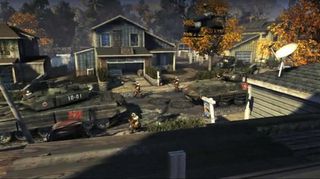
So how will such an attitude affect the all-important feel of Homefront?
"There's a lot of fun to be had and a lot of different visual settings. There's a lot of work been going into really visually styling the narrative so that you really feel like you're in the U.S.; you're in that very familiar setting,%26rdquo; saidDunn. %26ldquo;And we're really taking care to try to present that human cost without getting too preachy about it. It's a fine line, and it's not something that we as game writers could do really well without the assistance of people that have been doing it for a long time in Hollywood.%26rdquo;
Sign up to the 12DOVE Newsletter
Weekly digests, tales from the communities you love, and more
%26ldquo;Sometimes Hollywood writers come in and it%26hellip; just doesn't play right and it doesn't feel right as a game. And sometimes you get game writers that just have no idea what they're doing and dialogue goes on and on and on interminably. And I think we've struck a really good balance%26hellip;%26rdquo;
We can%26rsquo;t wait to see the result when Homefront releases next year. Does a good, well-toldstory in ashooter matter to you? Tell us in the comments.
Nov 12, 2010
Most Popular







